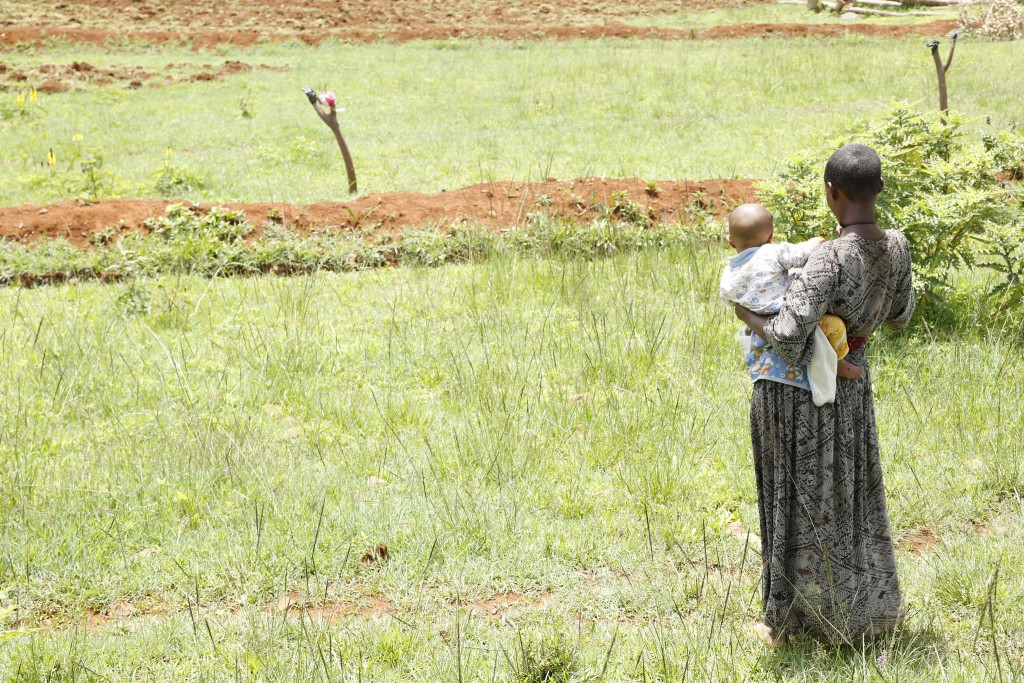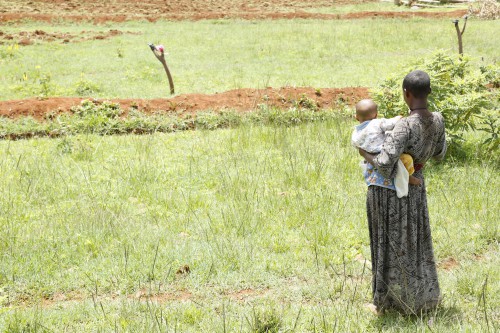25th November 2014
Violence against women, migration, and values


The following is a guest blog by Simona Prete, Policy and Communication Officer, British Embassy to the Holy See
Today is the International Day for the Elimination of Violence against Women.
Last week, I attended a roundtable discussion held during the VII World Congress of the Pontifical Council for the Pastoral Care of Migrants, focused on migrant women, cooperation and development. I joined women with incredible backgrounds and experience on the ground – Sr. Patricia Ebegbulem, Coordinator for the African Network against Human trafficking, Dr. Martina Liebsch, Advocacy and Policy Director at Caritas Internationalis, Sr. Rosita Milesi, Director of Migration and Human Rights Institute Brasilia. Between them, they sought to shift the focus from the negative aspects (“trafficking”, “violence”, “exploitation”) into a more constructive perspective: women have still untapped potential for development. They argued that it is the duty of governments to give migrant women the opportunity for their true development, helping them to tap that potential, creating networks. We cannot focus on economic benefits alone.
According to the UN Department of Economic and Social Affairs (UNDESA), women make up 49% of global migration. In the past, women’s migration movements were strongly tied to family reunification. In today’s society, women migrate, nowadays more often on their own, because of difficult economic or environmental circumstances, in search of better life for their children and future generations. As female migrants, they are more vulnerable than men, and can easily become victims of traffickers before reaching the country of destination, at risk of losing their dignity and their liberty.
Such dangers apply in many parts of the world to all women, not only migrant women. I hope that these 16 days of Activism against against Gender-Based Violence Campaign will bring to light that violence against women is not inevitable and it is a defeat for all: our families, our society, and our values, of which women are the prime custodians.
Thank you Ms Prete. Thank you Ambassador for providing the space for her blog contribution.
While the activities described in your blog are praiseworthy in themselves and the shift in focus does have many benefits, both fail to deal with violence against women at the roots: the image of woman in most cultures (and many masculine minds) as essentially subordinate. It is thus that if a woman does not obey, it is legitimate to coerce her into submission. Violence against women becomes, in consequence, a common day occurrence.
The Church legitimizes this image. The Body of Christ metaphor employed for the purposes Church structure, for instance, has depicted and continues to depict women as essentially subordinate creatures within a corpus of exclusively male headship. This “sacred” image is not devoid of consequences. If women are denied ultimate ecclesial headship , they are denied reason and will, those traits that make women, like men, peculiarly human, as opposed to other creatures of the animal kingdom.
Images speak louder than words. The Catholic Church has thus a mammoth share of responsibility in violations of women’s integrity and dignity. No matter what Church hierarchs may say to the contrary, to the extent that Church structure perpetuates the symbolism of women as essentially subordinate (as opposed to men who are only circumstantially subordinate), it degrades women and justifies the use of violence against us.
Other biblical metaphors are available for the purposes of structuring the Church. Other forms of interpreting the Body of Christ are also available.
Both Benedict and Francis are well aware of this. But all they have done is throw sops at women in the form of subordinate appointments in the Curia during the last few years. They have done nothing to make the fundamental structural changes in Church organization necessary to correct this abuse.
If Church authorities will not effect the change willingly, they should be required to do so by the international community. Those countries with sufficient awareness and influence should ensure this happens. …Quickly. Because the number of women who suffer violence on a daily basis is staggering.
Thank you Simona, and Ambassador Baker!
Your words are informative, enlightening and uplifting – let us truly hope that this positive focus can prevail not only with regard to migrant women but to society globally which can only benefit from such a shift in mindset.
Barbara Lee
Australian Embassy
to the Holy See